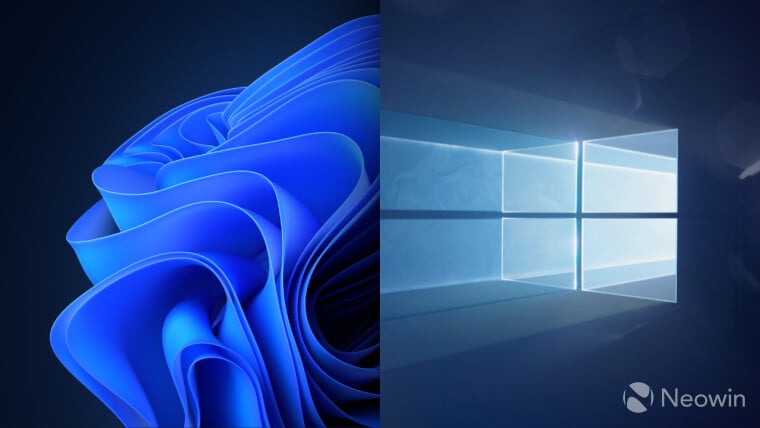- cross-posted to:
- pcgaming@lemmy.ca
- cross-posted to:
- pcgaming@lemmy.ca
Let’s put it this way; when Microsoft announced its plans to start adding features to Windows 10 once again, despite the operating system’s inevitable demise in October 2025, everyone expected slightly different things to see ported over from Windows 11. Sadly, the latest addition to Windows 10 is one of the most annoying changes coming from Windows 11’s Start menu.
Earlier this year, Microsoft introduced a so-called “Account Manager” for Windows 11 that appears on the screen when you click your profile picture on the Start menu. Instead of just showing you buttons for logging out, locking your device or switching profiles, it displays Microsoft 365 ads. All the actually useful buttons are now hidden behind a three-dot submenu (apparently, my 43-inch display does not have enough space to accommodate them). Now, the “Account Manager” is coming to Windows 10 users.
The change was spotted in the latest Windows 10 preview builds from the Beta and Release Preview Channels. It works in the same way as Windows 11, and it is disabled by default for now because the submenu with sign-out and lock buttons does not work.



100%. Every time consumers tolerate something, it will get worse. On the other hand, it seems so simple to tell people “just don’t buy a product that does X”, but in practice, it’s almost impossible to get people to stop giving these companies money.
This is why consumer-protection regulations are necessary.
Well, hardly any consumer actively buys Windows since it comes pre-installed on most PCs.
People will yell, gnash their teeth, and greivously complain about terrible things and issues.
but they, for the overwhelming majority of them, will refuse to ever give up their precious shiny and make a change, and will eagerly throw out money at every opportunity for it. If not directly at buying them, then at buying secondary related items, or by watching ads.